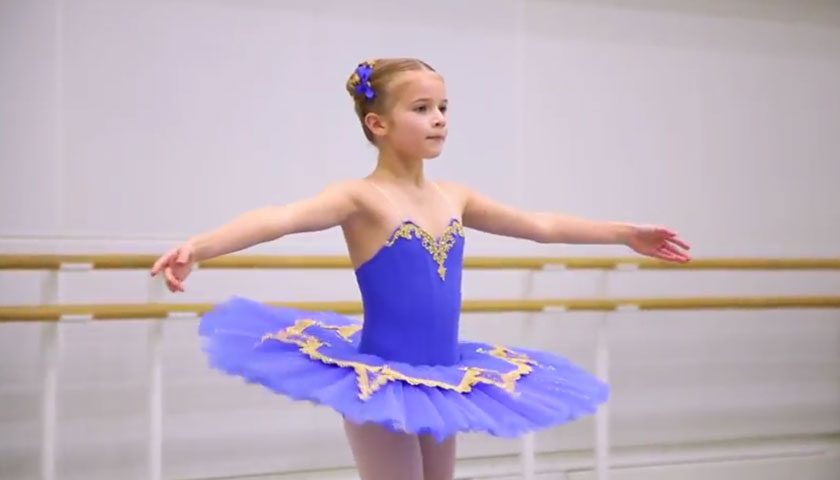The King’s Trust TK Maxx Youth Index 2025 is released today and finds that over a quarter (29 per cent) of young people in the UK who are not in work, education or training (NEET) have applied for jobs they do not want because they are desperate to work. One in five (19 per cent) report they are applying for jobs every day and 22 per cent say having a stable job is one of their biggest goals in life. Half (50 per cent) of NEET 16-25-year-olds feel hopeless about their future due to being unemployed. The Youth Index is an annual research report from The King’s Trust (formerly The Prince’s Trust) based on a YouGov survey of 4,285 16- to 25-year-olds across the UK, gauging young people’s confidence and happiness across a range of areas, from their physical and mental health to money and working life. It reveals that NEET young people have the lowest happiness and overall wellbeing compared to any other group. Young people NEET for longer than six months had a worse overall wellbeing than those NEET for less than six months. Half (50 per cent) of NEET young people say they do not feel in control of their future, compared to 39 per cent of peers in education or employment. Young people out of work or education were also significantly more likely to always or often feel depressed, hopeless and ashamed [iv].
Jonathan Townsend, UK Chief Executive of The King’s Trust, said:
We publish the King’s Trust TK Maxx Youth Index today against a backdrop of great instability, economic challenge, and a rapidly changing world of work. Although this is a turbulent time for many young people, it is those who face the most disadvantage and in particular who are NEET, whose life chances and overall wellbeing are most at risk.The report presents sobering evidence of the effects of unemployment on young people’s mental health and aspirations, which further impacts their ability to get into work. Yet it confirms what we know to be true from our daily interactions with young people, that so many desperately want to work and have great passion and potential.There are almost a million young people currently NEET in the UK, which is equivalent to the third largest city in the UK. This is a crisis that requires urgent action to ensure young people get the support they need to access job opportunities and take control of their future.
We are incredibly proud to sponsor the Youth Index for the first time, as it aligns perfectly with our shared vision of empowering young people to achieve their potential. Our long-term partnership with The King’s Trust has transformed the lives of over 8,000 young individuals, across a range of programmes and initiatives, providing them with the confidence, skills, work experience, and job opportunities they need to overcome adversity and thrive.This year’s Youth Index sheds light on the immense pressures young people are facing today, from the lasting impacts of the cost of living crisis to the disruptions caused by the pandemic. By supporting this research, we aim to support the Trust in the quest to make a significant difference, enabling young people to navigate these challenging times with resilience and hope. We have witnessed first hand the incredible potential of young people when they receive the right support. The majority of those who have participated in our programmes with The King’s Trust have flourished in their careers, including over 1,500 within our own business. Their drive, resilience, and determination inspire us, reinforcing our commitment to giving every young person—regardless of their background—the chance to build a brighter future.
We all stand to gain by building a future that works for young people. By working together with employers, charities and governments to prioritise supporting young people on a pathway to work; not only can we help to transform their lives, but their successes will support their local communities and help to drive the wider economy.
-
‘Down or depressed’ – 45 per cent of NEETS always or often v 34 EETS always or often
-
Hopeless – 37 per cent of NEETS always or often v 24 per cent of EETS
-
Ashamed – 33 per cent of NEETS always or often v 20 per cent of EETS

